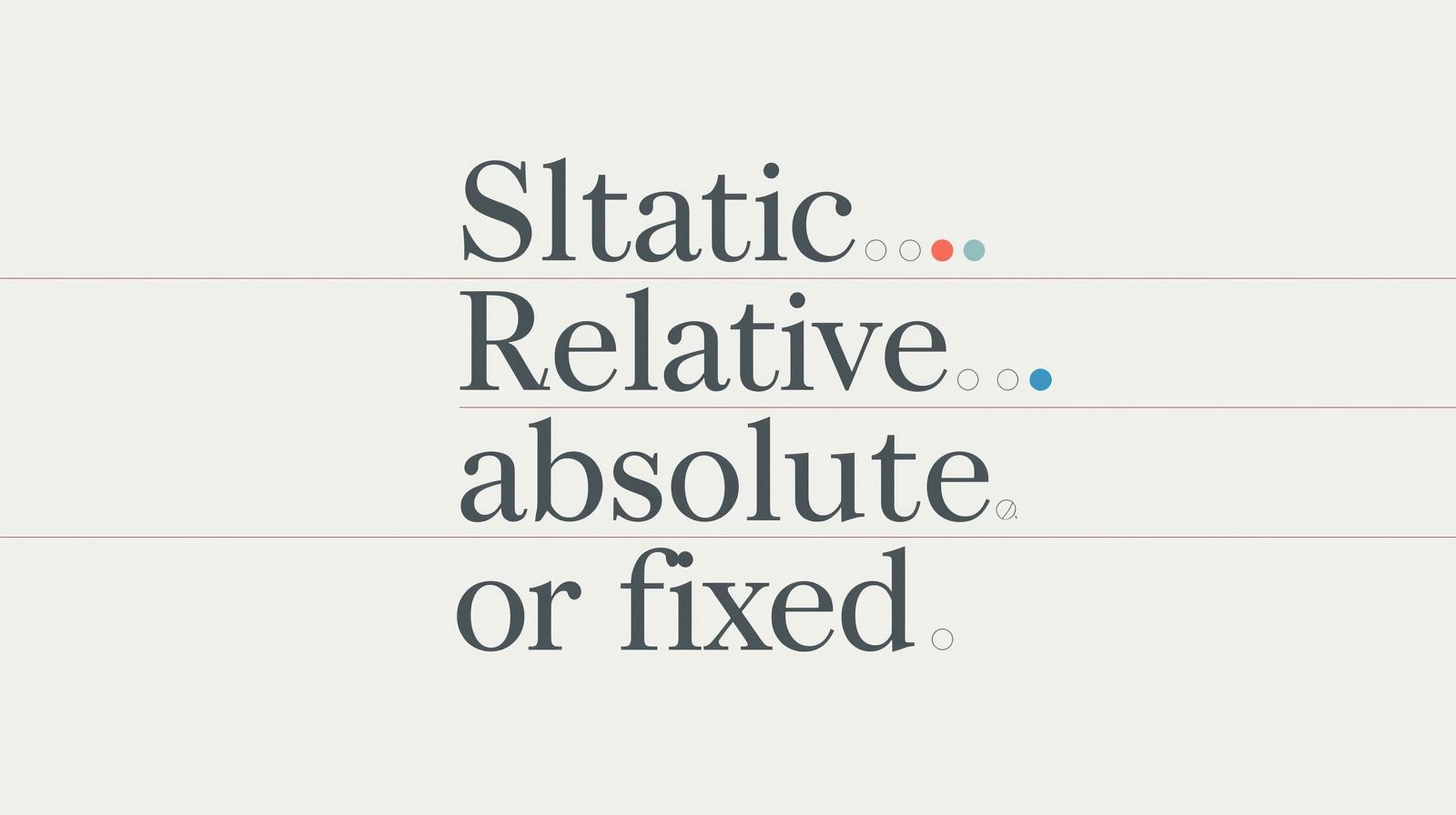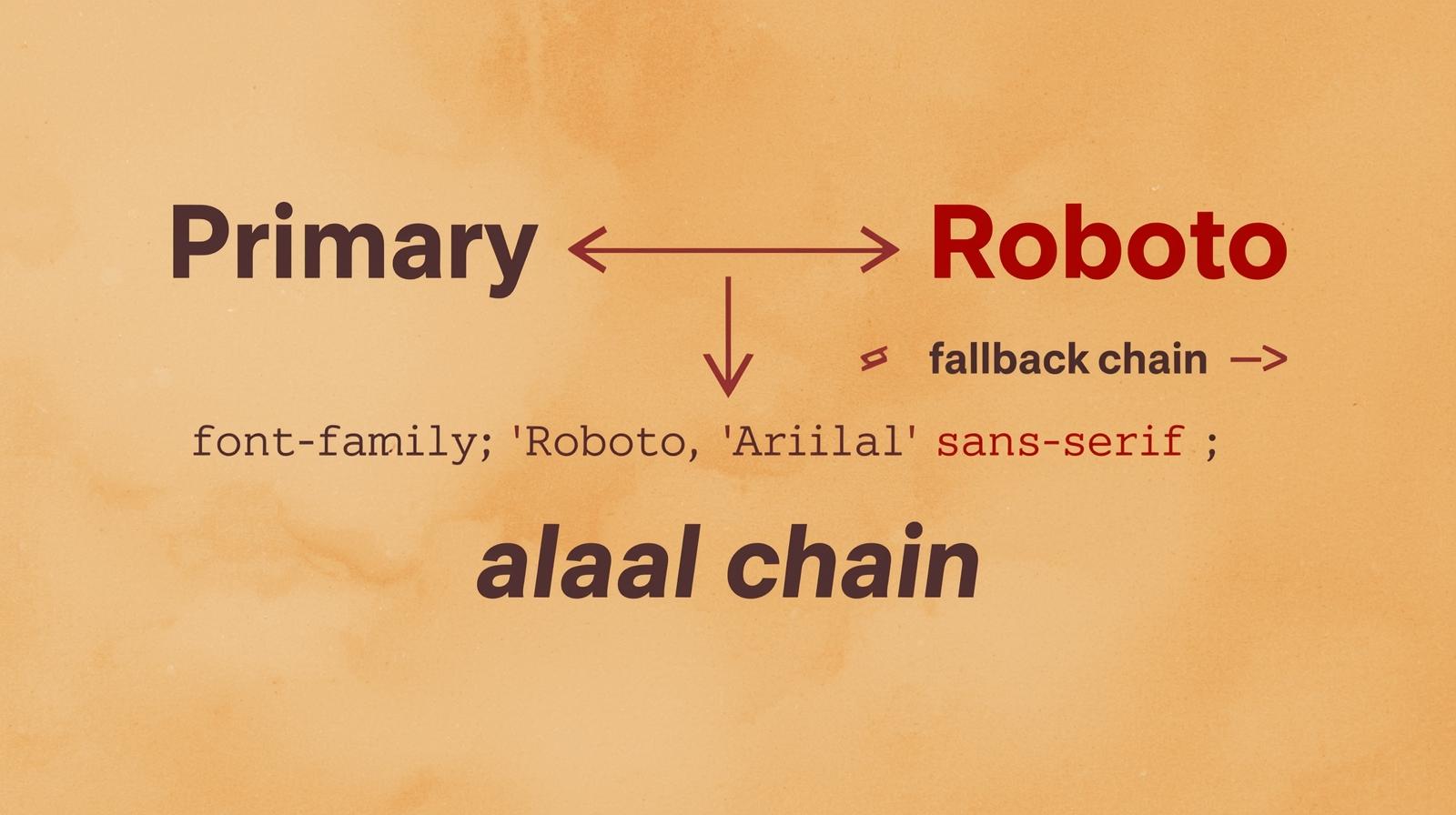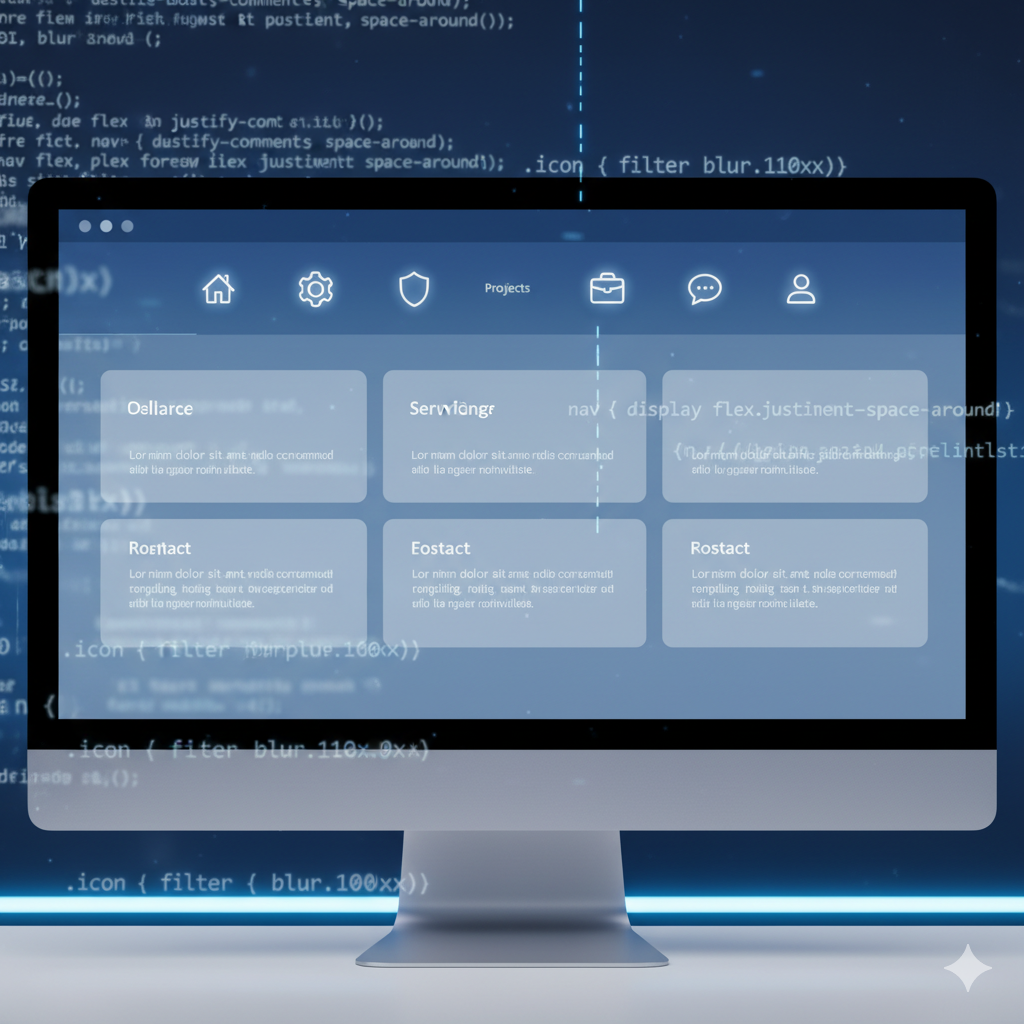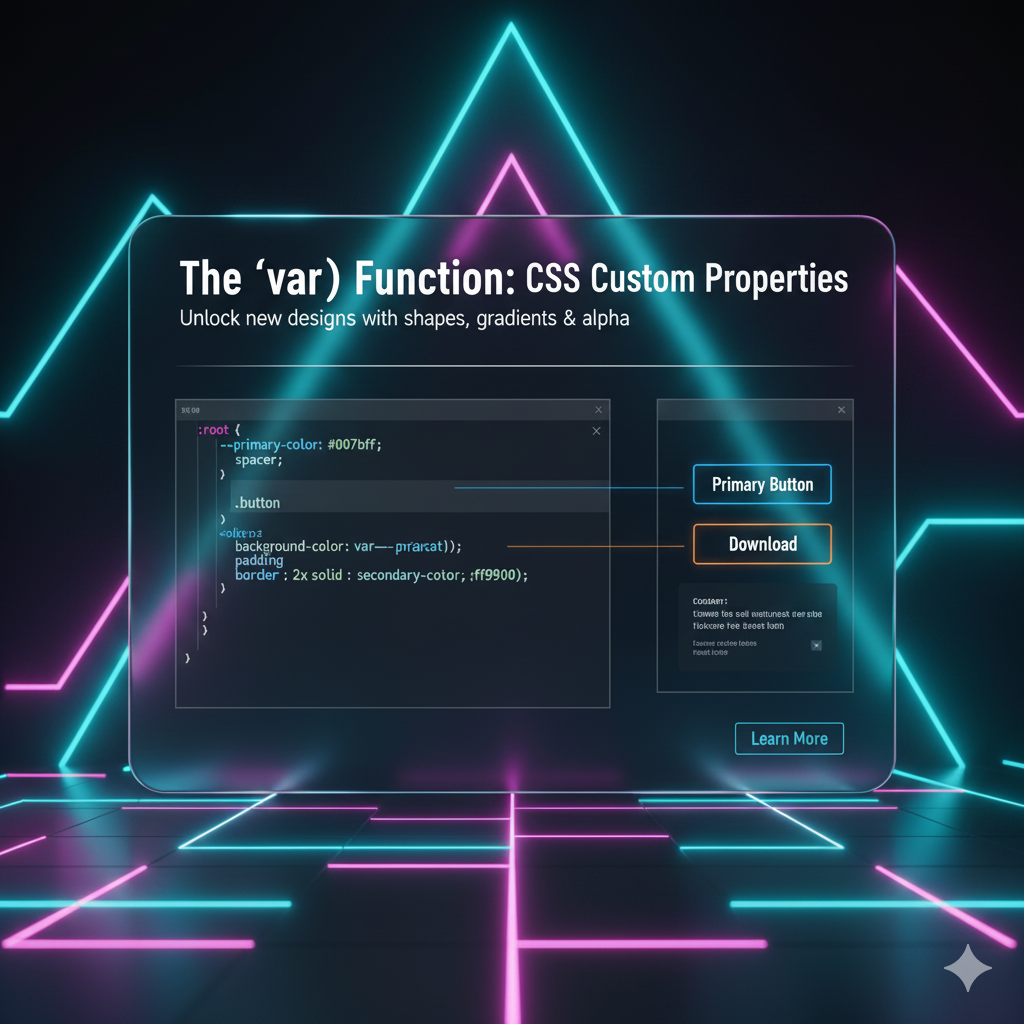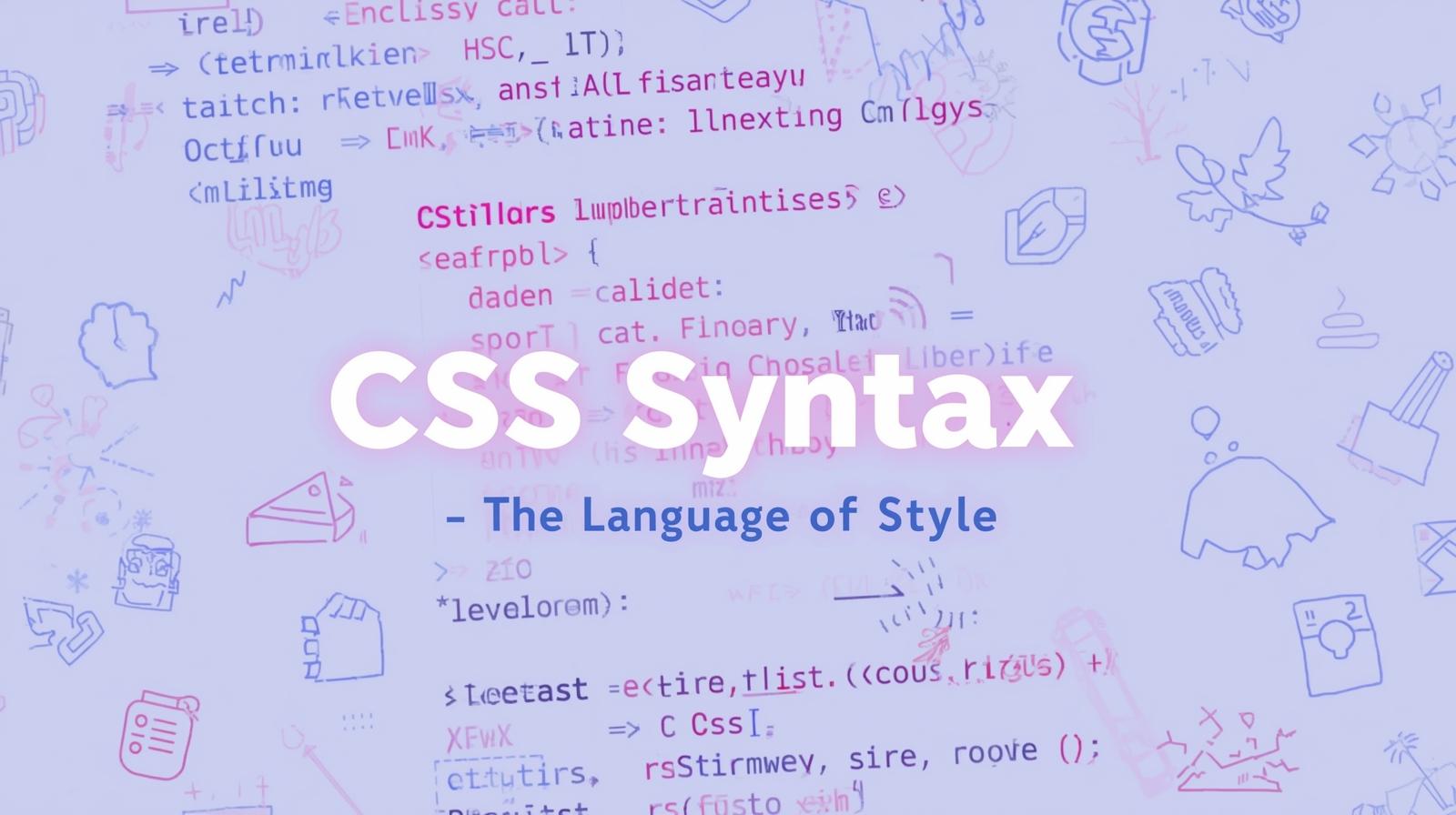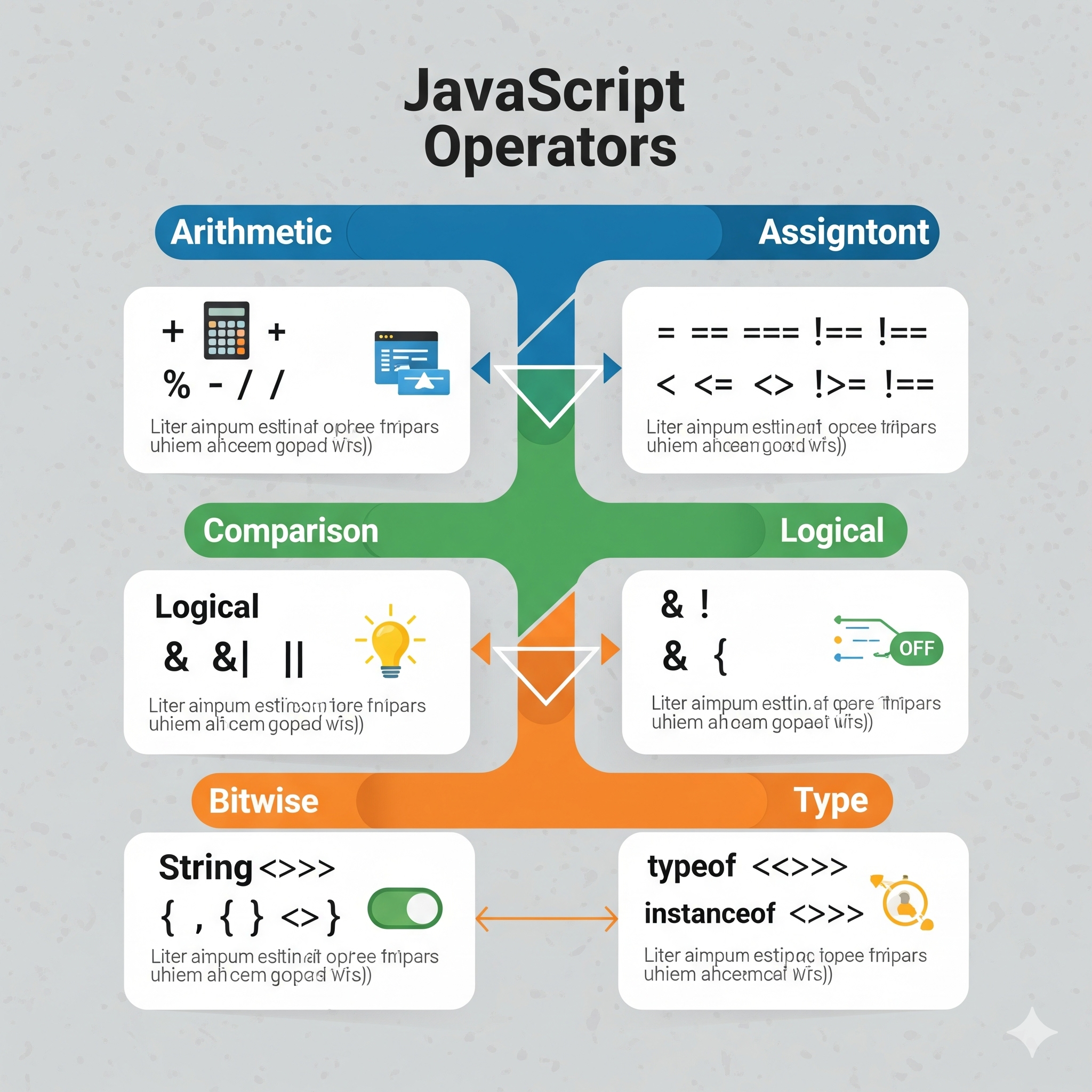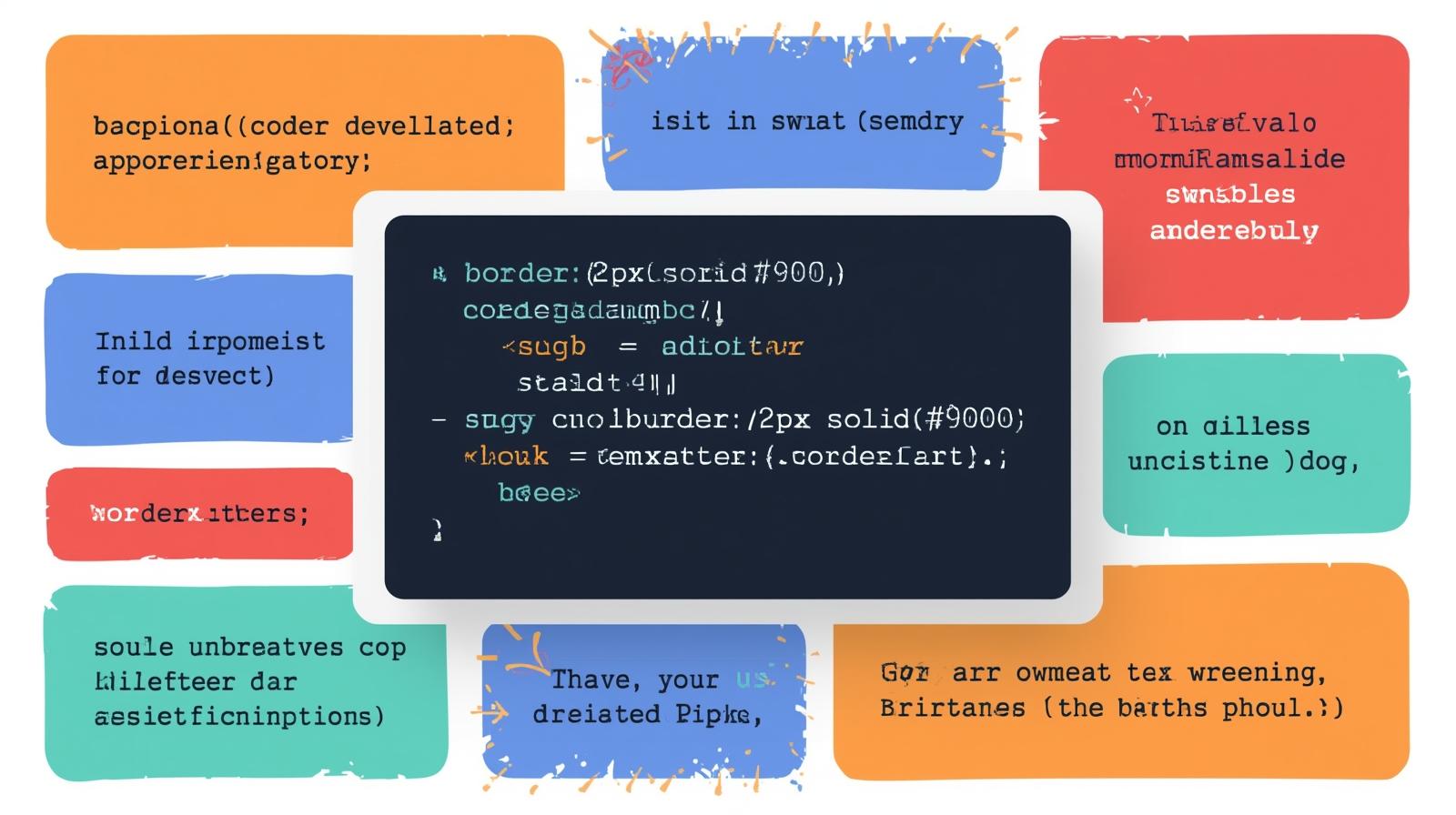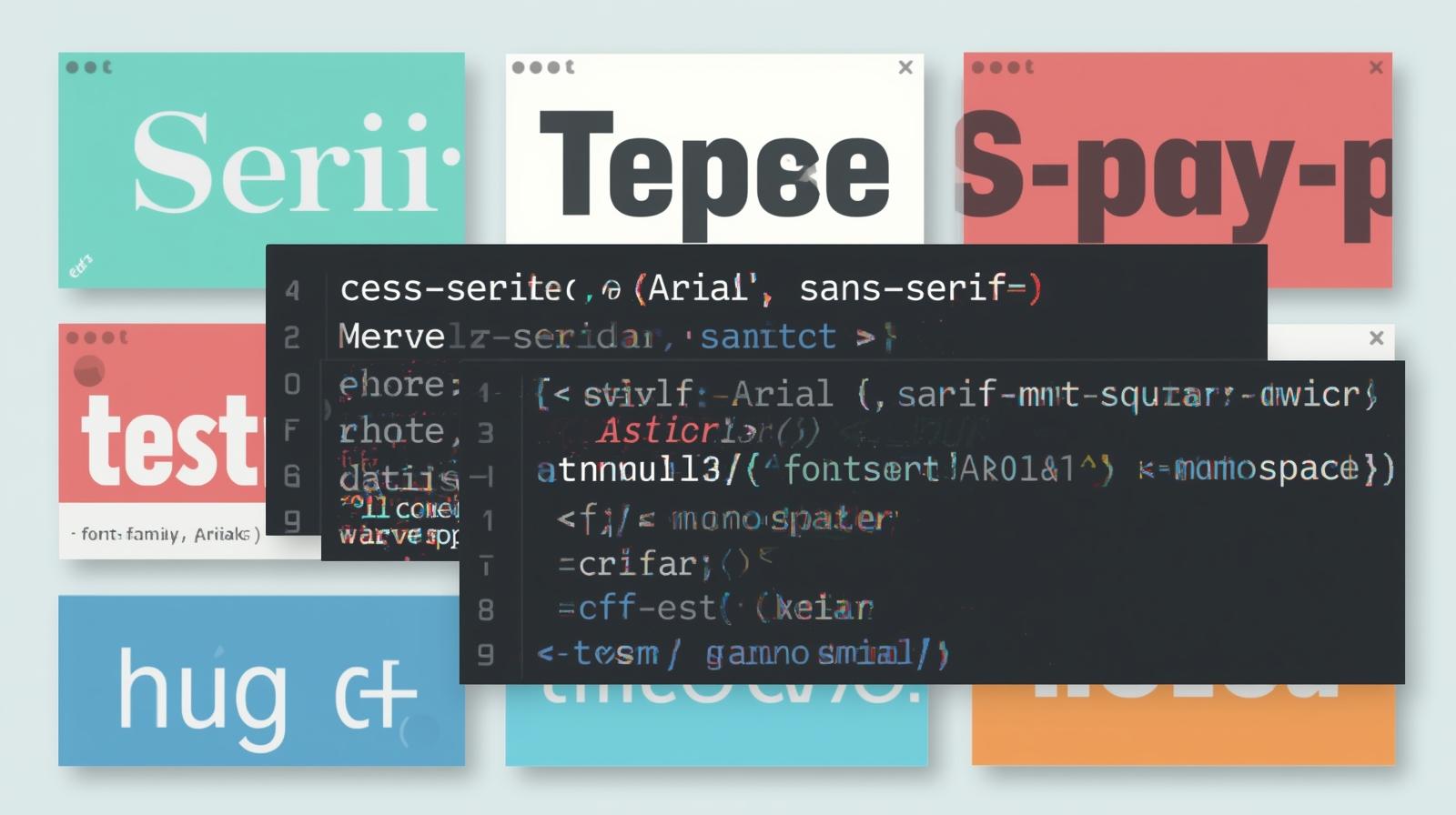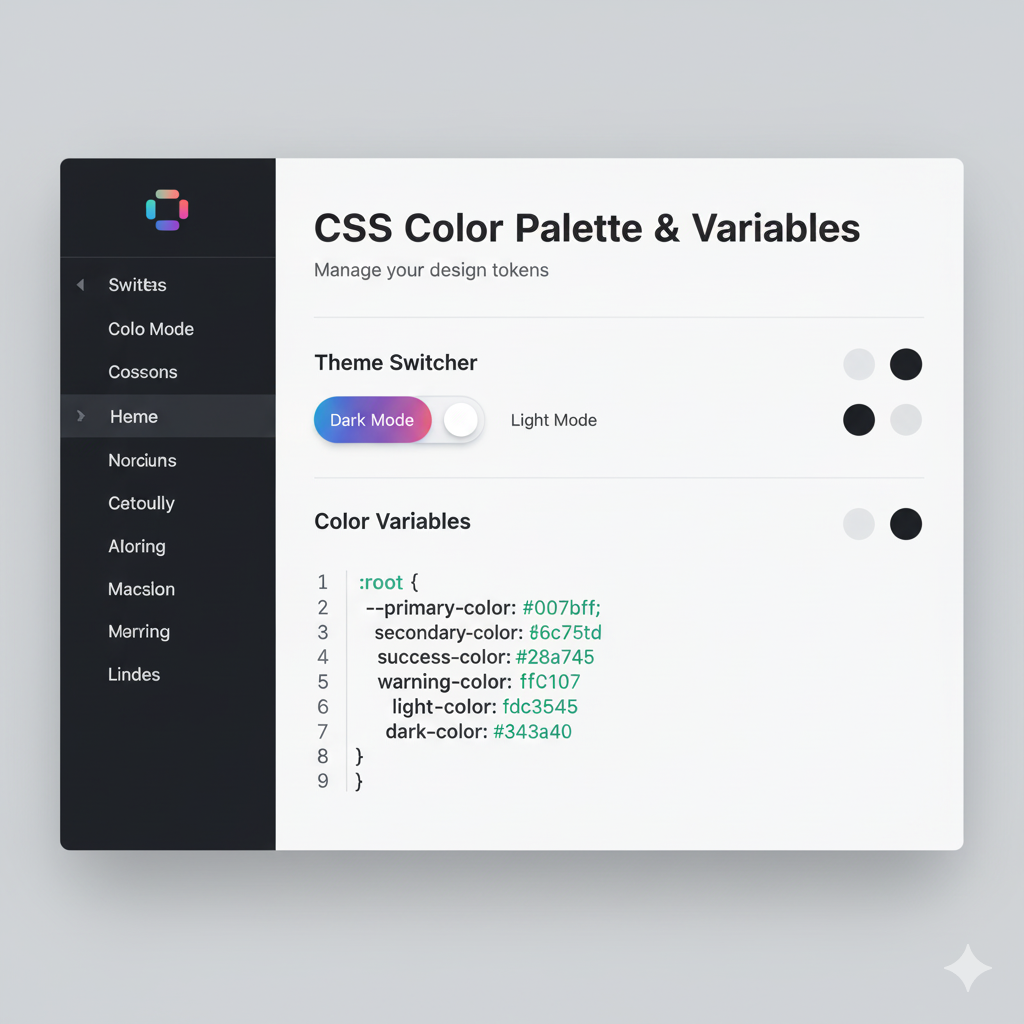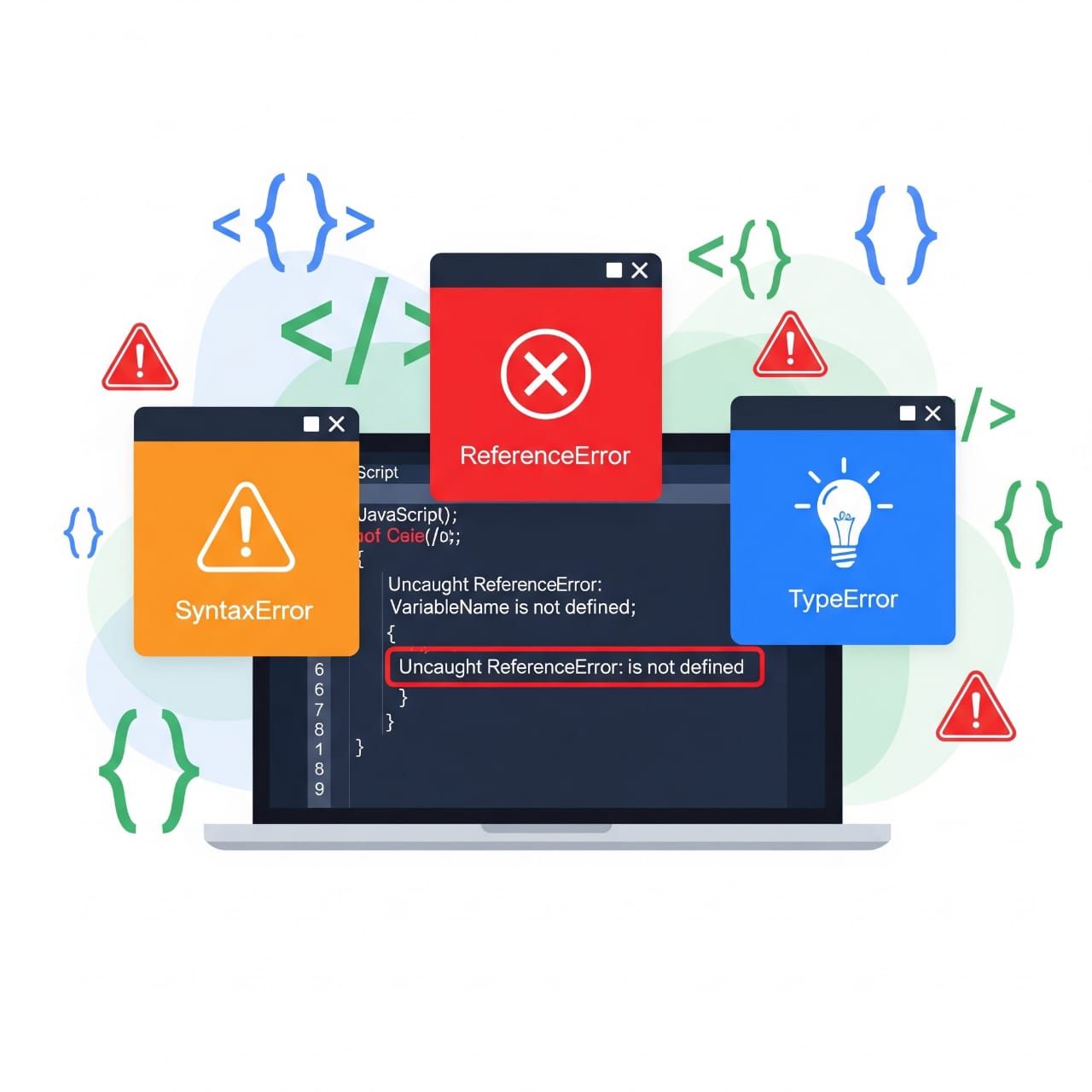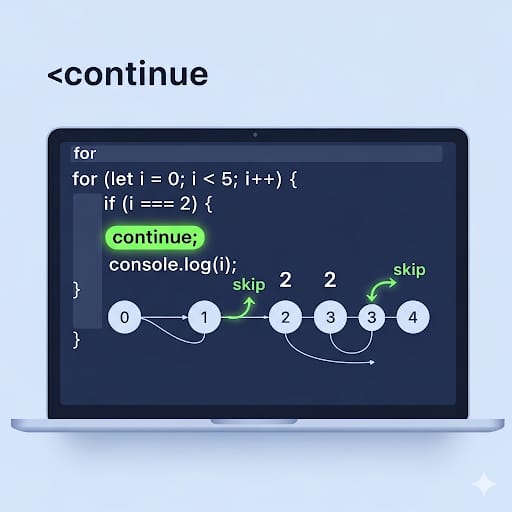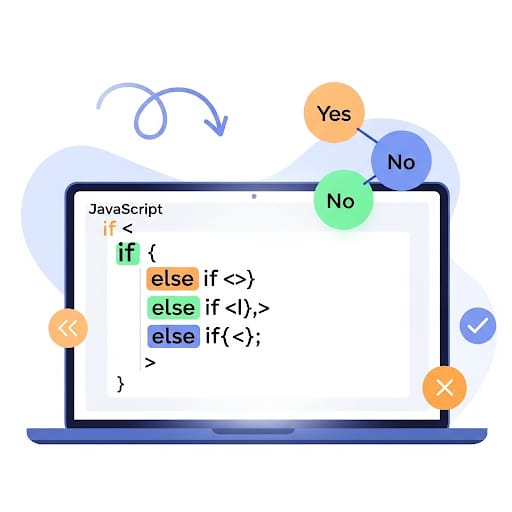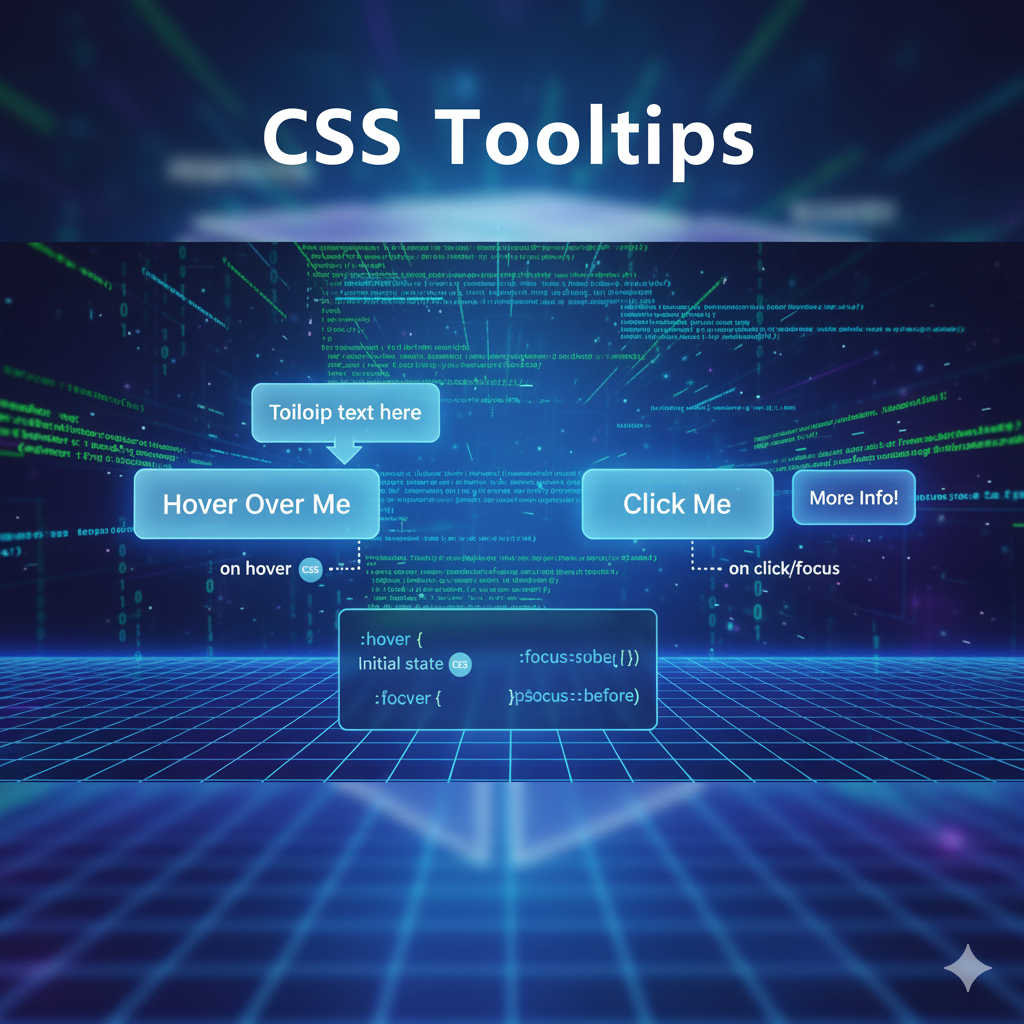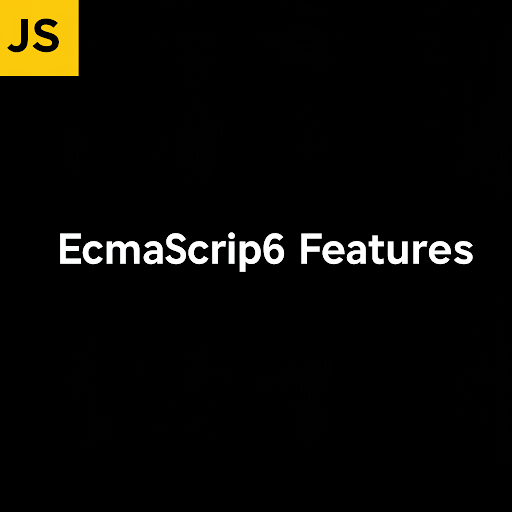Lexical Environment in JavaScript – Understanding Scope & Closures | Codercrafter

Learn about Lexical Environment in JavaScript, how it affects scope, closures, and variable accessibility. Get in-depth insights with examples at Codercrafter.
JavaScript uses Lexical Environment to manage variable accessibility, scope, and closures. Understanding how it works is key to mastering JavaScript functions and execution context.
What is a Lexical Environment?
A Lexical Environment is a structure that holds identifiers (variables, functions) and their values within a specific execution context. It consists of two parts:
Environment Record – Stores variables, functions, and references.
Reference to Outer Lexical Environment – Links to the parent scope, enabling scope chaining.
How Lexical Environment Works?
Every function and block in JavaScript creates its own Lexical Environment. When a variable is accessed, JavaScript looks for it in the current environment. If not found, it searches in the outer environment, continuing this process until the global scope is reached.
Example: Lexical Environment in Action
function outerFunction() {
let outerVar = "I'm outside!";
function innerFunction() {
let innerVar = "I'm inside!";
console.log(outerVar); // Accessing outer function variable
}
innerFunction();
}
outerFunction();
Output:
I'm outside!Here, innerFunction() has access to outerVar because of Lexical Scoping.
Closures and Lexical Environment
A closure is a function that "remembers" the lexical environment in which it was created, even after the outer function has executed.
Example: Closures in JavaScript
function counter() {
let count = 0;
return function() {
count++;
console.log(count);
};
}
const increment = counter();
increment(); // Output: 1
increment(); // Output: 2
Here, the inner function retains access to count even after counter() has executed.
Why Understanding Lexical Environment is Important?
Helps understand Scope & Closures – Essential for writing modular and memory-efficient code.
Avoids common bugs – Knowing how variables are accessed prevents scope-related errors.
Optimizes Performance – Understanding memory allocation and closures can enhance application efficiency.
Conclusion
Lexical Environment plays a fundamental role in scope, closures, and variable access in JavaScript. By mastering it, you can write cleaner, more efficient, and bug-free code.
For more JavaScript tutorials, visit Codercrafter Blogs.

